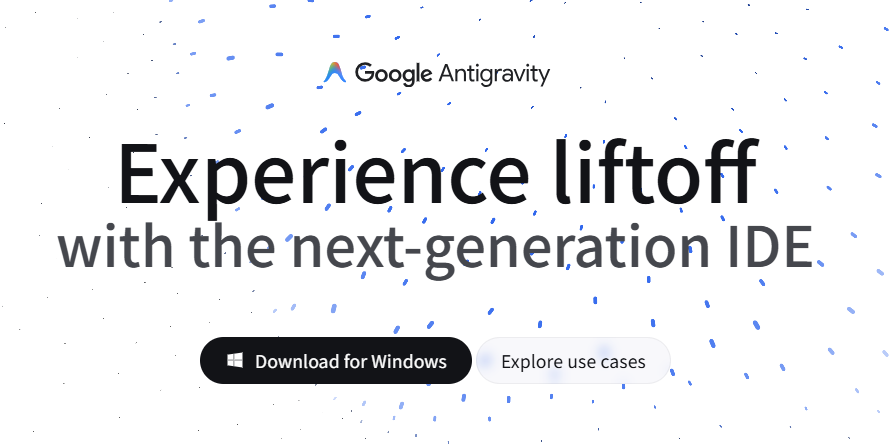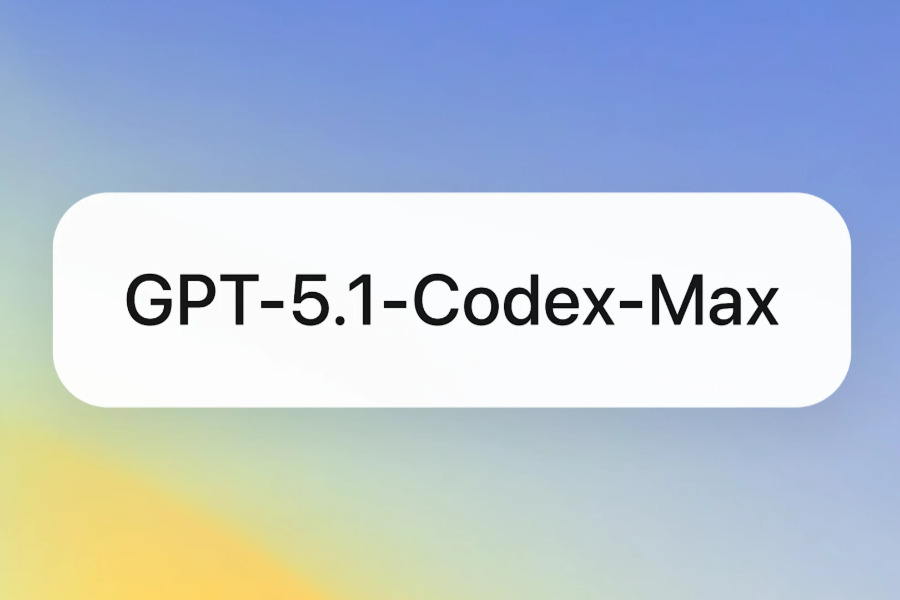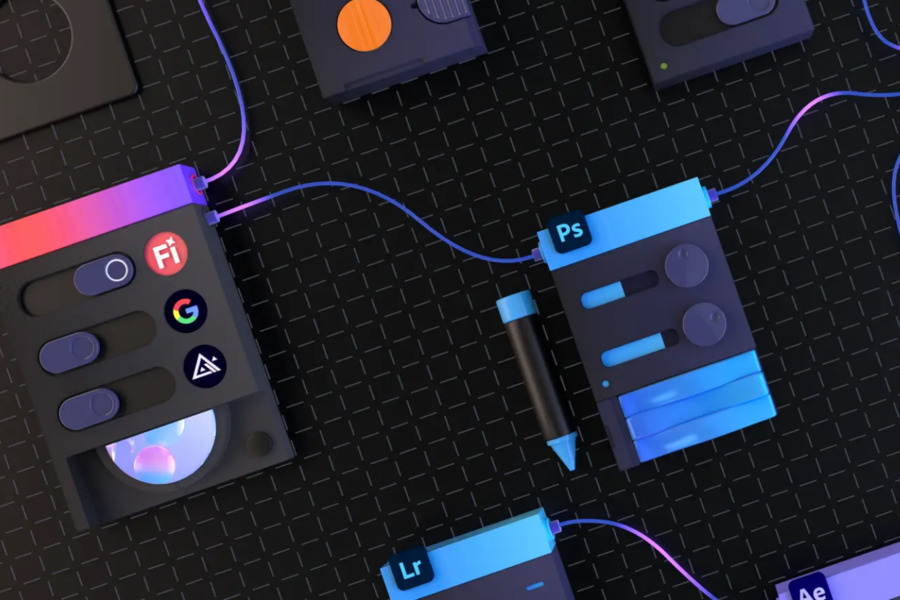Welcome to AgiYes‘s AI News Weekly!
It was a massive week in AI, from powerful new model releases to innovative real-world applications. These are the key developments you need to know.
Top 10 AI News from November 1-7, 2025
1. Google’s NotebookLM Gets Major Upgrade with Slide Deck Feature
Google’s AI research assistant, NotebookLM, has rolled out a significant update—introducing its new “Slide Decks” feature. This tool transforms user-uploaded materials into polished, professional-grade presentations.
Early users report that its output surpasses the capabilities of Gemini App’s built-in tools, sparking discussions in the AI community. Many are calling it a potential “PowerPoint and Canva disruptor.”
2. Poe Introduces AI Group Chats for Up to 200 Users
Quora’s AI platform, Poe, now enables group conversations with as many as 200 participants. This feature lets users collaborate with multiple AI models and bots in a single chat, supporting text, image, video, and audio generation. The rollout comes as OpenAI begins testing group chat features for ChatGPT in select markets, signaling a shift toward more collaborative AI interactions.
3. Google Launches Gemini 3 with 1M Token Context Window
Google has officially released Gemini 3, offering a 1 million token context window—the first of its kind. The model natively supports multimodal reasoning across text, images, video, and code.
According to Google, Gemini 3 Pro achieved 91.9% accuracy on the GPQA Diamond graduate-level benchmark and scored 1501 Elo on LMArena, outperforming GPT-5.1 and Claude 4.5 to become the top-ranked public model.
4. Google Research Unveils Generative UI
Google Research has introduced Generative UI, a breakthrough that allows AI to generate not only text but also full visual and interactive user interfaces.
This means users can receive dynamic, actionable interfaces alongside text responses. The innovation marks a step forward in AI’s ability to create complete digital experiences, expanding beyond content generation to full UI design.
5. Google Debuts Antigravity AI IDE for Agent-Centric Coding

Google’s new development tool, Antigravity, integrates Gemini 3 Pro and third-party models to support an “agent-first” programming workflow.
A standout feature is its ability to automatically document tasks by generating “artifacts”—such as checklists, plans, screenshots, and browser logs—that verify the agent’s work and outline next steps.
6. ChatGPT Group Chat Feature Now Available to All Users
OpenAI has officially launched group chat for ChatGPT, allowing up to 20 people to join a conversation with AI participation. After a successful limited test, the feature is now available to all logged-in users across Free, Go, Plus, and Pro tiers.
Users can start a group chat by clicking the “people” icon in the top-right corner of the chat interface.
7. Google Maps Integrates Gemini with Four New AI Features
Google is enhancing Google Maps with Gemini-powered capabilities, starting on iOS and Android, with Android Auto support coming soon. Key updates include:
- Know Before You Go: Summarizes reviews and online info for restaurants or hotels.
- Landmark Navigation: Uses nearby landmarks for turn-by-turn guidance.
- Charger Prediction: Forecasts EV charger availability based on real-time and historical data.
- Anonymous Reviews: Lets users post reviews with custom nicknames and avatars.
8. OpenAI Offers Free ChatGPT for U.S. K-12 Teachers
OpenAI is providing free access to ChatGPT for verified U.S. K-12 educators until June 2027. The special “ChatGPT for Teachers” edition includes enhanced controls, data privacy protections, and school administration tools, offering a secure and tailored AI assistant to support classroom instruction.
9. Google Introduces Nano Banana Pro for Advanced Image Generation
Google’s latest image generation and editing model, Nano Banana Pro, is built on Gemini 3 Pro. It helps users visualize ideas and design everything from prototypes and infographics to converting handwritten notes into diagrams, offering a versatile tool for creative and professional workflows.
10. OpenAI Releases GPT-5.1-Codex-Max
OpenAI has launched GPT-5.1-Codex-Max, designed for complex software engineering with support for hundreds of thousands of lines of code. It replaces the previous Codex model as the default and is available via ChatGPT Enterprise, API, and GitHub Copilot. Pricing remains at $5 per million input tokens and $15 per million output tokens, with a 50% discount for batch requests.
Final Thoughts on This Week’s AI News
This week has showcased remarkable momentum in AI, with Google and OpenAI pushing boundaries in multimodal models, agent-based development, and collaborative tools.
From smarter coding assistants to AI that builds full presentations, these innovations signal a future where AI becomes an increasingly intuitive and integral partner in both creative and technical workflows. The race for more capable, accessible AI is clearly accelerating.
Read More:



